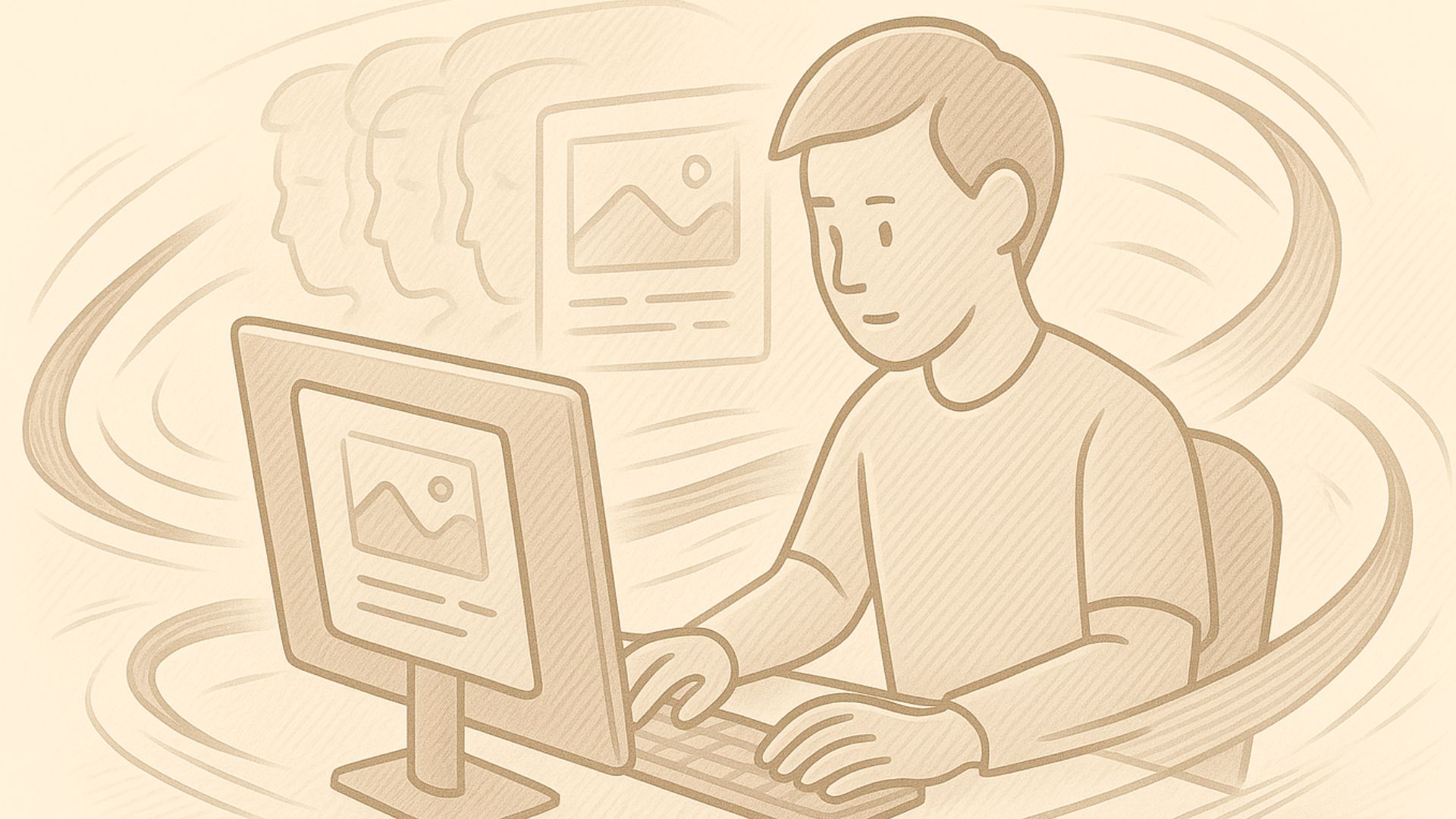The AI Acceleration Paradox: When Intelligence Amplifies Rather Than Replaces
Bart in 't Veld | L |

There's a subtle but profound realization emerging from my experience with AI tools: they excel not at replacing human capability, but at accelerating what we already possess. This observation cuts against much of the prevailing discourse around artificial intelligence, which tends toward either utopian visions of AI solving impossible problems or dystopian fears of wholesale human replacement.
The reality appears more nuanced and, perhaps, more interesting. AI functions less like a magic wand that conjures solutions from nothing, and more like a sophisticated amplifier that takes our existing cognitive patterns and accelerates them exponentially. A writer doesn't suddenly become capable of producing literature beyond their conceptual reach, but they can iterate through drafts, explore variations, and refine ideas at unprecedented speed. A programmer doesn't gain the ability to architect systems beyond their understanding, but they can implement familiar patterns, debug code, and prototype solutions with remarkable efficiency.
This acceleration paradox reveals something fundamental about the nature of both human intelligence and artificial systems. AI tools seem to work best when they're enhancing established skill, when they're turbo-charging skills we've already developed rather than compensating for abilities we lack entirely. The most effective AI interactions occur when human expertise provides the conceptual framework while AI handles the computational heavy lifting.
Consider how this manifests across domains: AI-assisted data analysis excels when the analyst already understands what patterns to look for and how to interpret results. AI-powered design tools shine when used by designers who already possess aesthetic sensibilities and understanding of user needs. The technology amplifies existing competencies rather than creating them from scratch.
This pattern suggests that our relationship with AI might be fundamentally symbiotic rather than competitive. Instead of asking "What can AI do that humans cannot?" we might be better served asking "How can AI make humans more effective at what they already do well?" This reframing shifts the focus from replacement anxiety to optimization opportunity.
The implications extend beyond individual productivity to broader questions about human development and education. If AI primarily accelerates existing capabilities, then cultivating diverse, deep human expertise becomes even more critical. The humans who will thrive in an AI-augmented world aren't necessarily those who can compete with machines, but those who can most effectively collaborate with them, using AI as an extension of their already-developed capabilities.
Perhaps the most interesting aspect of this acceleration effect is how it might reshape our understanding of expertise itself. When AI can rapidly implement what we envision, the bottleneck shifts from execution to conception, from technical skill to creative vision, from information processing to wisdom synthesis. The question becomes not whether we can accomplish something, but whether we truly understand what we want to accomplish and why.
This turbo boost metaphor captures something essential about our technological moment: we're not being replaced so much as we're being supercharged, and the results depend entirely on what we bring to the collaboration.